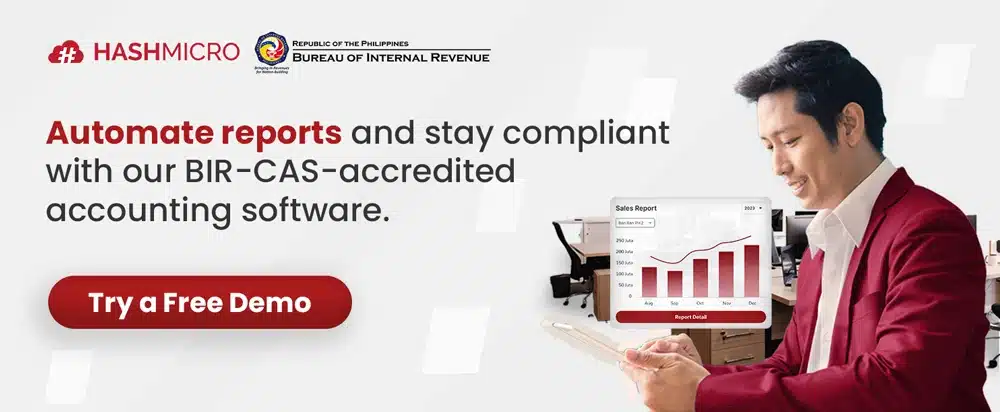Did you know 82% of businesses fail due to cash flow issues, often caused by poor financial management? This highlights the critical need to manage finances correctly.
Yet, many business owners still confuse bookkeeping with accounting, though both play unique and essential roles in financial health. Understanding the difference is key to staying competitive and thriving.
With today’s advanced accounting software, managing finances is easier than ever, automating routine tasks and offering real-time insights. But before exploring how technology can help, let’s clarify what bookkeeping and accounting truly are and why they’re crucial for your business. Ready to take control of your finances? Let’s start with the basics.
Table of Contents

Key Takeaways
|
What is Bookkeeping?
Bookkeeping is the systematic process of recording all financial transactions, including sales, expenses, payments, and receipts. It helps businesses maintain accurate financial records, ensuring a clear picture of their financial health.
But why does this matter? Imagine trying to build a house without a strong foundation. Bookkeeping provides that solid base by capturing every transaction in detail, allowing businesses to avoid financial confusion and errors. Without proper bookkeeping, accounting becomes impossible, leading to financial mismanagement.
This leads us naturally to the role of accounting, which takes the data from bookkeeping and transforms it into actionable financial insights.
What is Accounting?
Once the foundation of bookkeeping is in place, accounting steps in to analyze, interpret, and summarize financial data. Accounting goes beyond simply recording transactions; it involves adhering to accounting principles, generating reports, performing audits, creating budgets, and providing strategic advice. Accountants use the organized records maintained by bookkeepers to prepare financial statements, file taxes, and offer guidance on business growth.
Accounting is where data becomes actionable. For instance, an accountant can take monthly sales records and identify trends that inform future business decisions. Without accurate bookkeeping data like journal entries, however, these insights would be unreliable. The synergy between bookkeeping and accounting, grounded in sound accounting principles, drives financial clarity and allows businesses to operate with confidence.
But how exactly do bookkeeping and accounting complement each other?
Bookkeeper vs. Accountant: What’s the Difference?
The relationship between bookkeeping and accounting is one of symbiosis. Bookkeepers focus on recording daily transactions, while accountants analyze and interpret this data to provide strategic guidance. Understanding the distinct roles of a bookkeeper and an accountant is crucial for determining the right fit for your business.
Consider bookkeeping as the day-to-day operation of a business’s financial engine, while accounting is the strategic navigation that guides the business toward its goals. Bookkeepers handle tasks like managing invoices, reconciling bank statements, and recording expenses. On the other hand, accountants use this organized data to prepare financial statements, conduct audits, and develop financial strategies.
The connection between these roles ensures that your business has both accurate financial records and insightful analysis. This seamless transition from record-keeping to strategic planning is essential for sustainable business growth.
Also read: The Difference Between Debits and Credits
Do You Need a Bookkeeper, an Accountant, or Both?
Determining whether your business needs bookkeeping, accounting, or both depends on your size, complexity, and growth stage. For small businesses with simple financial needs, a bookkeeper might be sufficient to handle daily transactions and minimize the risk of basic accounting problems. However, as your business grows, you’ll likely need an accountant’s expertise to address more complex accounting problems, such as tax invoicing, financial reporting, and long-term strategy.
For example, a startup might initially focus on maintaining accurate records with a bookkeeper. But as the business scales, adding an accountant becomes crucial for navigating tax regulations, preparing financial forecasts, and making data-driven decisions. Larger enterprises often require both services to maintain operational efficiency while ensuring strategic financial management.
Technology plays a vital role in enhancing the collaboration between bookkeeping and accounting. Let’s explore how automation can make financial management more seamless.
The Role of Technology in Bookkeeping and Accounting
With advancements in accounting software, both bookkeeping and accounting have become more efficient and less prone to human error. Tools like HashMicro’s accounting software automate data entry, reconciliation, and financial reporting, allowing businesses to focus on strategy rather than manual processes. Automation ensures that financial data is always accurate and up-to-date, giving both bookkeepers and accountants the tools they need to perform at their best.
Modern accounting solutions also offer features like real-time financial tracking, integration with other business systems, and customizable reports. Whether you’re managing daily transactions or conducting detailed financial analysis, accounting software makes it easier to maintain control over your finances and gain insights that drive growth.
But which software is right for your business? Retail accounting software like HashMicro’s accounting solution can simplify financial processes, providing tailored features for inventory, sales, and expense management. Let’s discuss how this solution can streamline your retail operations and support accurate financial tracking.
Manage Your Bookkeeping and Accounting Needs with HashMicro’s Accounting Software
As your business evolves, managing bookkeeping and accounting tasks can become overwhelming. Manual processes not only take time but also increase the risk of costly errors.
HashMicro’s accounting software provides a comprehensive solution that caters to both bookkeeping and accounting needs, making financial management smoother and more efficient.
Here’s how HashMicro’s accounting software can transform your business:
- Automated Financial Management: From recording daily transactions to generating detailed financial reports, HashMicro’s software covers all aspects of bookkeeping and accounting in one easy-to-use platform. Automation reduces the risk of errors and frees up time for more strategic activities.
- Real-Time Financial Insights: Stay on top of your finances with real-time updates, intuitive dashboards, and customizable reports. HashMicro’s software provides instant access to critical financial data, allowing you to make informed decisions quickly.
- Scalability for Growing Businesses: Whether you’re a small business or a large enterprise, HashMicro’s software scales with your needs. Its flexibility ensures that as your business grows, your financial management remains streamlined and accurate.
With HashMicro’s AI accounting software, you can confidently manage both bookkeeping and accounting tasks, ensuring that your financial records are always reliable and ready for strategic use.
But, if you’re looking for the best solutions available in the Philippines, be sure to check out our comprehensive guide on Accounting platforms used locally to help you make an informed decision.
Conclusion
Understanding the differences between bookkeeping and accounting is crucial for effective financial management. Bookkeeping lays the groundwork by accurately recording transactions, while accounting takes this data and transforms it into valuable insights. Together, they form the backbone of any successful business’s financial strategy.
As your business grows, it’s essential to have the right tools to manage both bookkeeping and accounting seamlessly. HashMicro’s accounting software offers a comprehensive solution that automates tasks, provides real-time financial insights, and scales with your business.
Don’t let financial management overwhelm you—explore HashMicro’s software and see how it can simplify your bookkeeping and accounting processes.
Get a free demo today and experience how HashMicro’s accounting software can transform your business’s financial management.
























